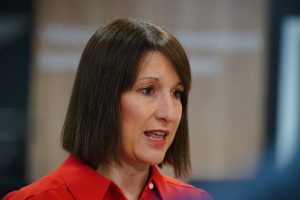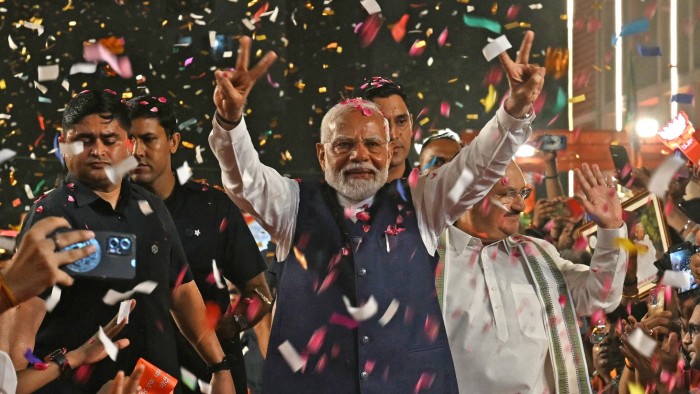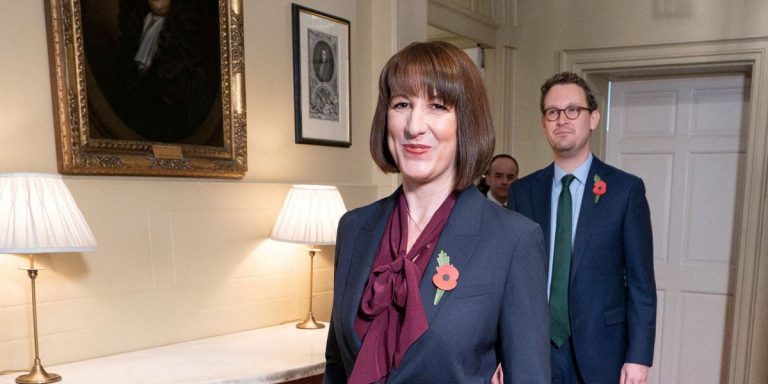Unlock the Editor’s Digest for free
Roula Khalaf, Editor of the FT, selects her favourite stories in this weekly newsletter.
EY took longer than originally planned to clear debts it racked up on the failed spin-off of its consulting arm, according to annual accounts filed by the Big Four firm.
A $700mn credit facility opened to cover the cost of Project Everest — which would have split the firm in two and radically redrawn the global professional services industry — still had $270mn outstanding at the end of EY’s financial year in June.
Including other borrowing, interest paid by EY’s global operating business over the year totalled $74mn, more than twice the amount in the previous 12 months.
A note to the accounts, filed at Companies House in the UK, said the three-year facility was eventually repaid after the financial year-end. A person familiar with the matter said the last repayment was made in October.
“Through our financial planning, and the regular assessments guiding our capital decisions, we made the decision to repay this credit facility 16 months early, instead of 20 months early,” the person said.
A year ago, EY said that “costs incurred during Project Everest will be almost entirely paid down by July 1 2024”.
In common with the rest of the Big Four, the firm had a more sluggish year than hoped. It increased revenue by 3.9 per cent globally, to $51.2bn, with audit and tax work making up for a flat year in its consulting business.
Project Everest had been designed to turbocharge growth in both consulting and audit, by freeing them from conflict of interest rules that prevent cross-selling of advisory services to audit clients.
The ambitious plan collapsed in April 2023 after failing to get signed off from the leadership of EY in the US.
Unlike a typical multinational, EY is a network of nationally owned partnerships linked through a global entity that sets strategy and manages shared services such as IT. The global operating company, based in the UK, is run on a break-even basis, funded by levies on the national member firms.
About $600mn had been spent planning Project Everest before it was cancelled. The 2024 accounts show a big drop in spending on professional fees, such as for lawyers, which fell to $972mn from $1.4bn in the year to June 2023.
A new global chief executive, Janet Truncale, has promised a different strategic approach to increase revenue, including new investments in units that advise clients on transformation and sustainability, and expanding EY’s managed services business.




























+ There are no comments
Add yours